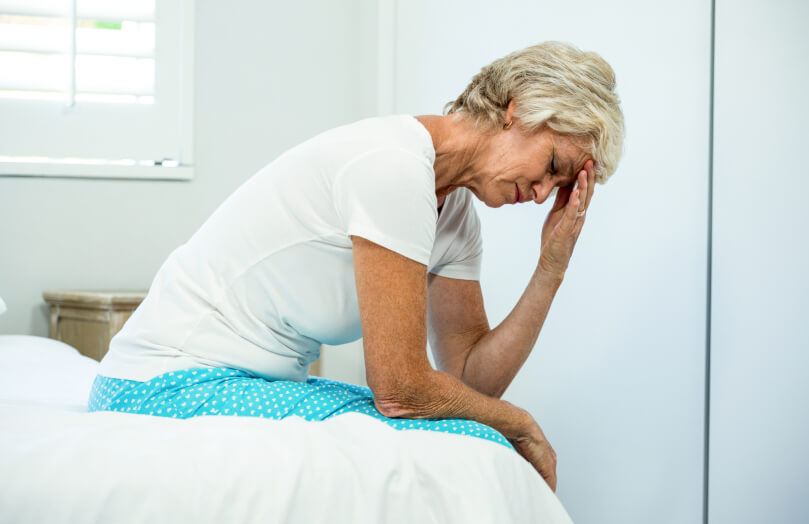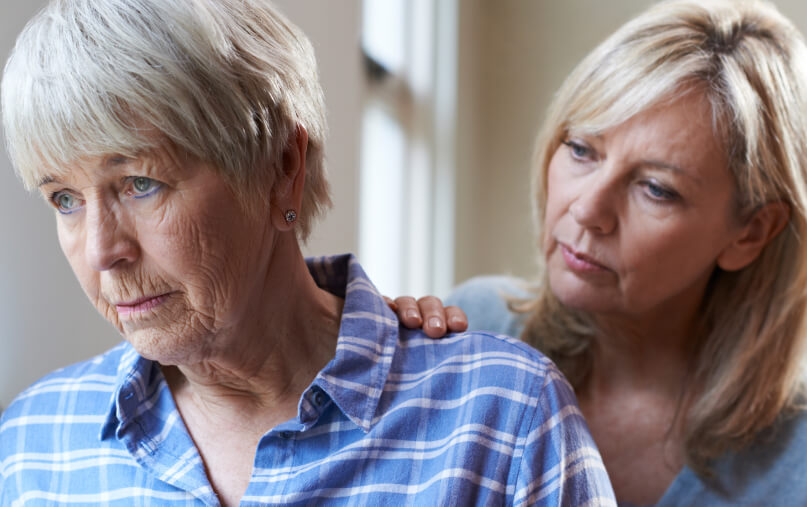Our team of dedicated caregivers specializes in delivering compassionate incontinence care for seniors, right in the comfort of their own homes.
More than
20% of Canadian seniors
suffer from incontinence
Individuals with incontinence
are 50% more likely to
experience loneliness

Incontinence is a common concern among the elderly and it can lead to physical discomfort, skin issues, infections, and even social discomfort. It’s not just a health issue, it also deeply impacts one’s quality of life, self-reliance, and self-respect. At ConsidraCare, we understand these challenges and are dedicated to restoring your comfort and confidence through our expert elderly incontinence care.

By clicking the button above you are consenting to us contacting you via phone, email, or our portal for the purpose of delivery of live-in care and useful information in line with ConsidraCare's Privacy Policy. You can withdraw this consent anytime by contacting us at 1-855-410-7971 and wecare@considracare.com.
Various medicines lead to bowel incontinence. These drugs may cause diarrhea, fecal incontinence, muscle or nerve damage. Below are some medications that frequently cause bowel incontinence:
Elderly Incontinence can be dealt by making a few lifestyle changes such as:
Damage to the muscles or nerves of the bladder that control holding or passing pee can result in urinary incontinence. In women, urine incontinence is common during pregnancy, menopause, and childbirth.
There are some other factors that contribute to urine incontinence; These include:
There is no connection between psychological stress and incontinence. The urinary muscles are unable to stop urine leaking. It typically occurs while you run, cough, or sneeze. All of these motions create pressure (stress) on the bladder, which leads to unexpected urinary leaks.
You can get rid of stress incontinence by: